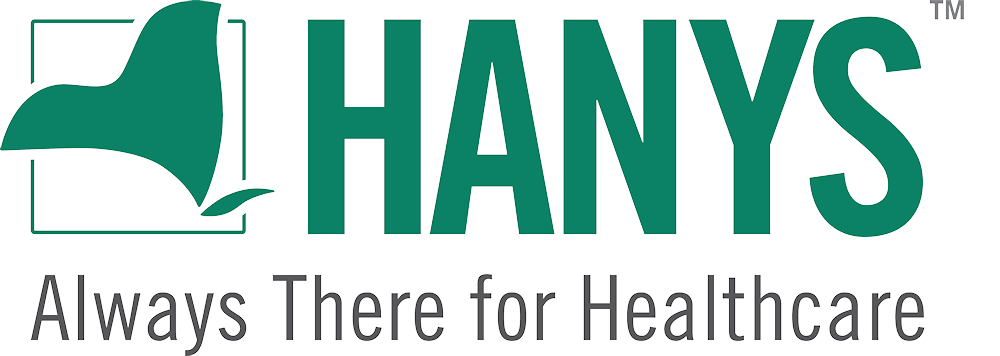Pay and pursue: Why New York should adopt this common-sense claims payment reform
Hospitals would get paid in real time for care rendered, while insurers would still be able to challenge the medical necessity of any procedure.
You eat at a restaurant; the restaurant gets paid.
You get a haircut at a barbershop; the barber gets paid.
You get treated at a hospital and receive medically necessary services, your health insurer denies coverage, delays making any payment and wastes hospitals’ and insurers’ time and resources disputing coverage. In the meantime, the insurer is investing the payment they’ve withheld from hospitals for weeks and months accumulating interest until they agree to pay for care that has already been provided.
Wait, say that again?
That’s right. Health insurers across New York initially deny claims and delay payments, creating unnecessary administrative burdens and diverting hospitals’ limited time and resources away from bedside care.
It doesn’t have to be this way.
“Pay and pursue” would fix this broken system.
Hospitals provide care in real time — they should be paid in real time, too.
Insurers have intentionally made it part of their profit model to deny and delay payment for claims. However, the vast majority of claims never face a good-faith medical necessity argument. We don’t need to put each and every claim through review processes and delays before a provider gets paid.
Under the pay and pursue model, hospitals would be paid quickly for the care they’ve provided. A health plan would still be able to challenge any procedure it believes was not medically necessary.
The pay and pursue model would not change the outcome of good faith medical necessity disputes. It would, however, free up every other claim to be paid timely the way they should be.
Pay and pursue is a sensible way to streamline the administrative process to focus only on the relatively small universe of good faith medical necessity disputes.
And there’s no reason it would raise health insurance premiums — health insurers would still only be required to pay for necessary care, or the exact care individuals’ existing premiums are intended to cover.
You’re paying your healthcare premium on time. What is the insurer doing with that money if not paying for your care?
They’re profiting off of interest earned on “the float” — the difference between the premiums paid in and the claims paid out. Health plans profit off every denied, delayed or decreased payment to hospitals, while hospitals operating on the second narrowest average operating margin in the country expend huge administrative resources just to get paid for care they’ve already delivered.
Like I said, it doesn’t have to be this way.
We don’t stop every car at the tollbooth anymore. Health plans don’t need to stop every claim, either. We encourage New York lawmakers to enact pay and pursue as soon as possible. Hospitals should be paid in a timely manner for the services they’ve provided, and resources should be freed up for where they’re most needed — patient care.
